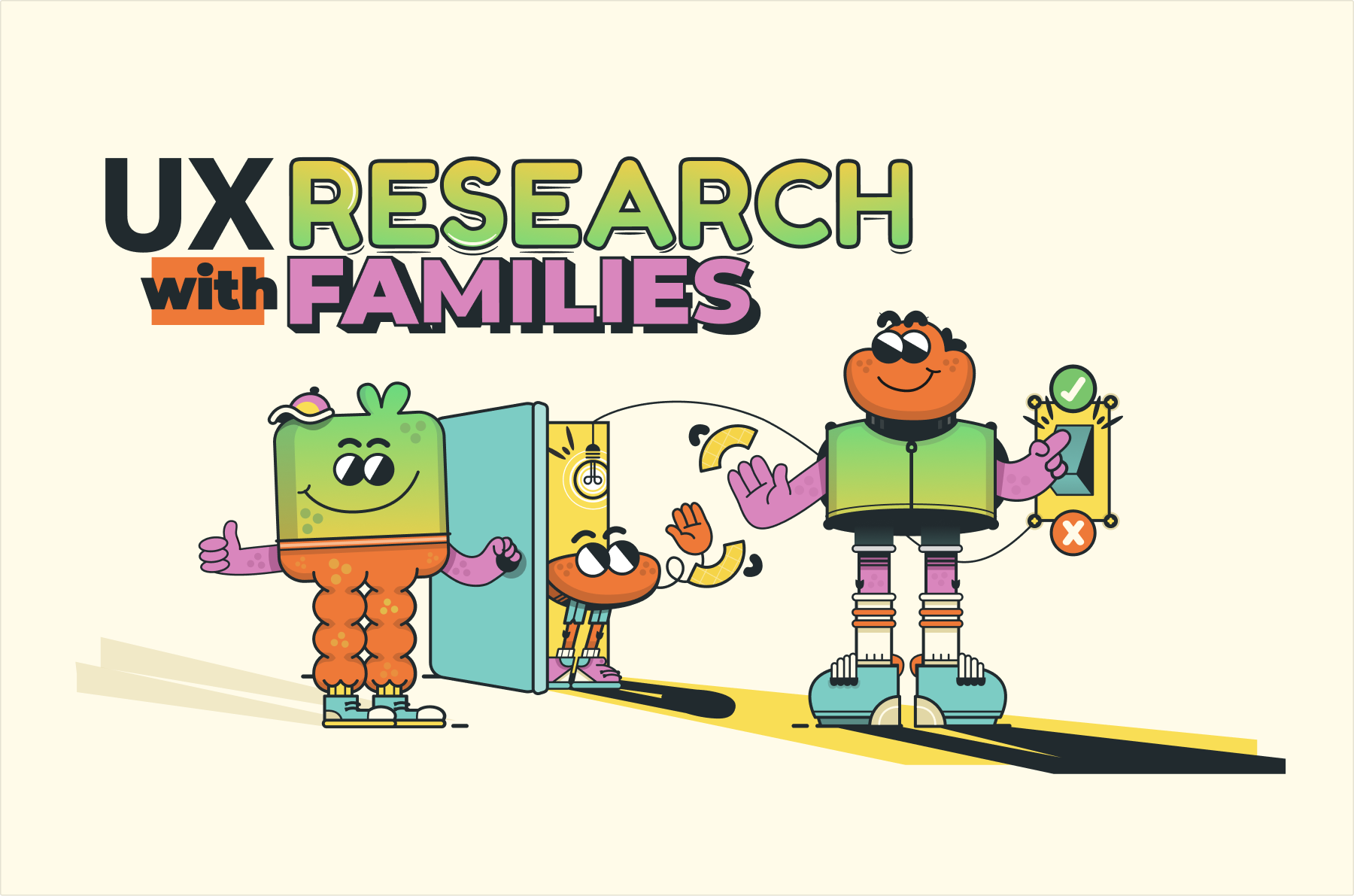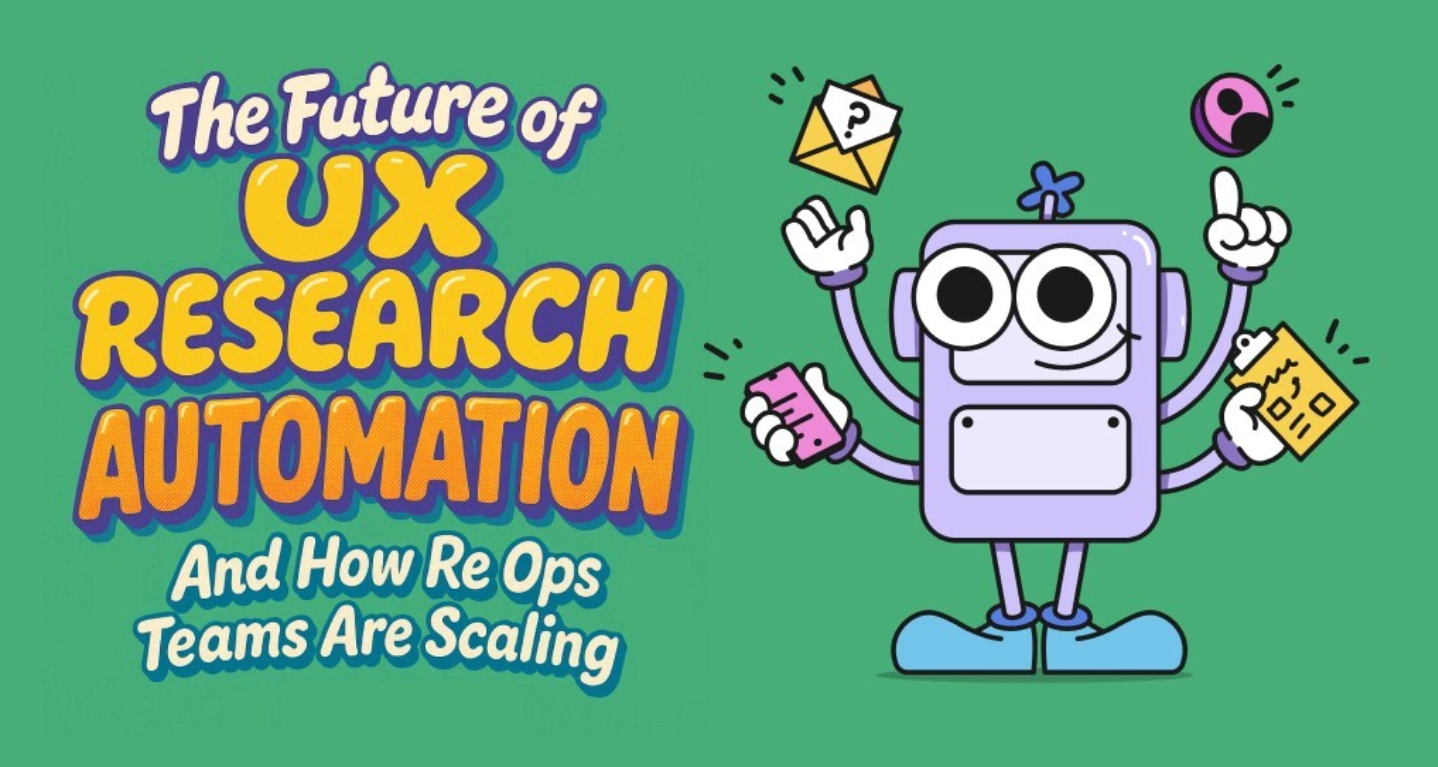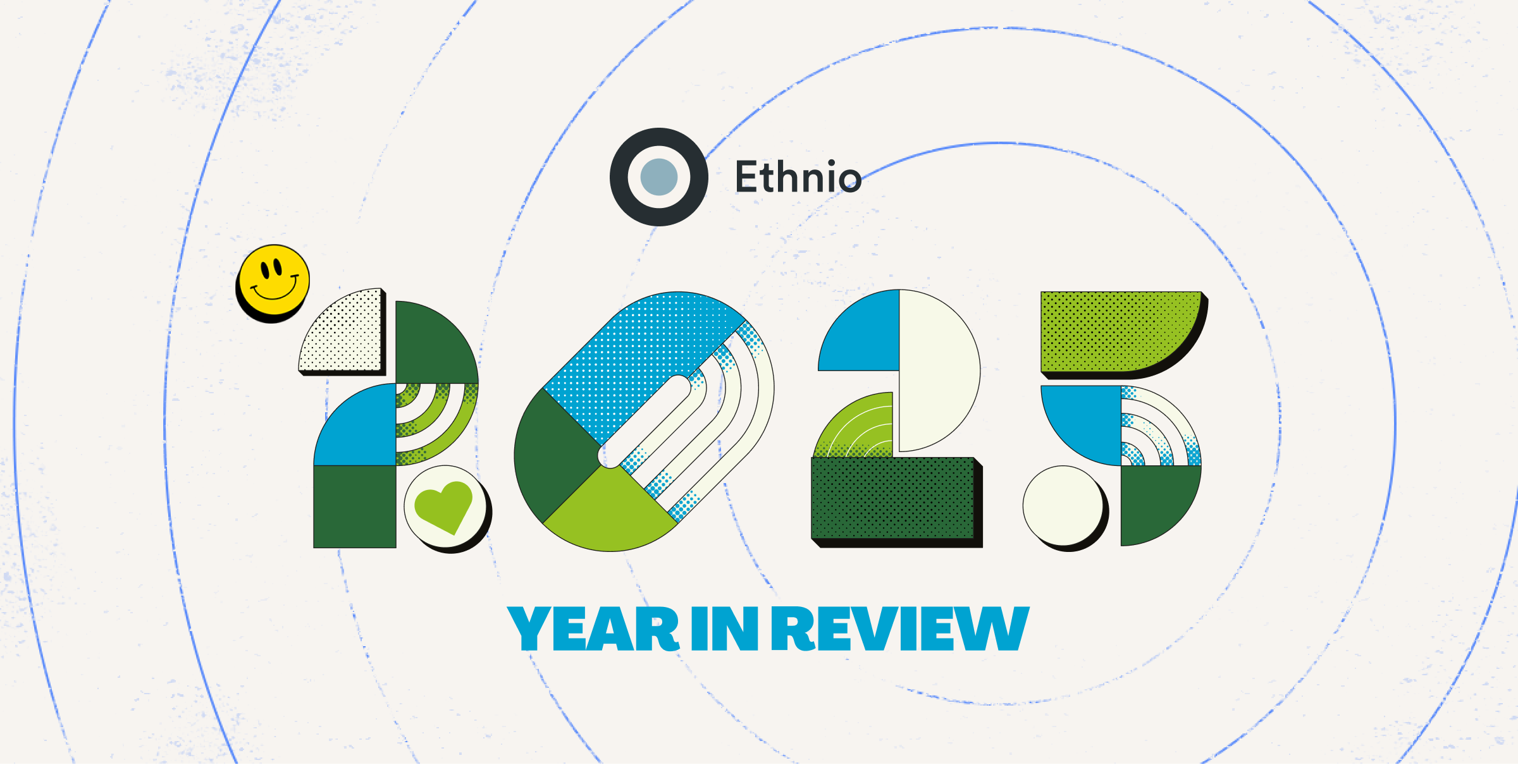What's the point of UX research if it doesn't accurately reflect user needs and is filled with bias?
Not much…even the most creative marketing can't save a badly designed site, app, or product if it doesn't meet user needs.
How could research designed to understand user needs miss the mark?
At the end of the day, all users want to be seen. Even well-conducted research with diverse participants can be skewed by unconscious researcher bias. This bias can lead to overlooking prejudices (confirmation bias), misinterpreting data (expectation bias), or even prioritizing personal preferences in the research process.
This is where ethical participant management comes in - ensuring unbiased data collection and analysis.
Ethical participant management 101
Ethical participant management revolves around a core set of principles and practices that protect participants' rights and well-being. These principles are essential to your overall strategy, not just a function of recruiting. Making sure that participation in studies is voluntary, informed, and safe.

The core principles include:
✔Voluntary participation
✔ Informed consent
✔No conflicts of interest
✔Anonymity
✔Confidentiality
✔Risk management
✔Fair Treatment and equity
✔Respectful communication and results
Prioritizing these core principles empowers UX research operation managers to achieve three key goals:
✨High-quality research: ethical practices ensure unbiased data collection and analysis, leading to more reliable results.
✨Build trust: respectful treatment of participants builds trust, encouraging honest feedback and future participation.
✨Protect your and your organization’s reputation: ethical research adheres to legal and industry standards, safeguarding your organization's reputation.
Participants benefit from:
✨Increased trust and transparency in the research process.
✨A sense of respect for their time and valuable insights.
✨The knowledge that their participation is making a meaningful contribution.
Lessons from the field
We've gathered insights from industry experts and clients about extending ethics in research to participant management and communication. These insights can help you create a more collaborative and compassionate research practice.
Ethical recruitment and participation practices
Research thrives on diversity. Biased recruitment methods not only exploit participants and skew results. Our global pool offers a rich variety of potential participants, allowing you to target demographics through clear screener logic. This ensures your research reaches the exact audience needed for accurate findings.
This includes participants can join or leave your study anytime, with no pressure. Honor participant requests to withdraw their data at any point. We help provide clear opt-out options throughout the research process.

Without diverse perspectives, it is harder for product teams to address underrepresented populations and create inclusive products.
Consider intercepts to actively seek participants in underrepresented audience segments
People from underrepresented communities or audience segments often require intentional outreach efforts to feel safe participating in research. Generic external panels might not effectively reach these groups.
Intuit uses Ethnio for live website intercepts to capture a broader demographic, including non-tech-savvy users, those in diverse locations, and maybe even people in a time-crunch for tax preparation using TurboTax. This ensures informed consent and avoids biases inherent in existing participant pools.
Customer obsession is key at Intuit, and Ethnio is a pivotal tool for intercept-based participant recruiting.By targeting users with genuine tax filing needs during peak season, Intuit gathers real-world insights that directly benefit their user base. Take the example of a single participant who, through a live intercept, provided feedback that sparked 19 new initiatives and a dedicated team.
Pre-screening for informed consent and efficiency
Participants deserve to fully understand a study before committing their time and data which is why pre-screening questions are a cornerstone of ethical participant management. By tailoring these questions (multiple choice, open ended, etc.), researchers can ensure participants understand the research and are a good fit before committing their time.
Researchers can craft clear and concise information sheets using plain language within Ethnio and then send via email, post on social media, or even a Craigslist ad.
Our Ethnio emails are the first step in building an authentic connection with our participants, so polish and first impressions matter.
Turo, the world’s largest car sharing marketplace, research process ensures participants understand the criteria before committing their time, fostering informed consent. By eliminating irrelevant responses, pre-screening also demonstrates respect for participant time, engaging only those who qualify for the research.
Clear communication builds trust
The Zebra, insurance comparison platform, focuses on crafting concise and participant-friendly outreach materials for participants to understand how valuable insights will be used before research begins. This empowers participants to make informed decisions and builds trust in the research process.
Develop clear and concise participant information sheets using plain language. Avoid jargon and technical terms and explain complex concepts in an easy-to-understand way. Cater to different learning styles and preferences by offering multiple information channels. This could include written documents, videos, or presentations.
I am able to filter participants incredibly specifically and manage opt-outs to ensure ethical guidelines compliance with Ethnio.
This streamlined communication and participant management efficiently respecting participant choices, builds trust and ensures ethical research practices.
Add human touch to your templates
The Zebra’s Net Promoter Score (NPS) surveys use emojis, which enhances the participant experience by making the survey process more engaging and interactive. Additionally, using shorter opening questions and colorful, playful scales helps draw in participants - improving response rates and overall satisfaction.

Accessibility for all
Design and conduct research that's inclusive and respectful for a diverse range of participants.
The National Multiple Sclerosis Society, non- profit organization, champions ethical research practices by implementing accessible screening tools that work with assistive technologies. This empowers millions living with MS to participate in their research.
Many people living with MS experience nerve damage that causes visual, dexterity and/or cognitive challenges. To take a truly inclusive approach to user research, the tools we use must be designed with accessibility front and center.Additionally, the Society prioritizes ethical participant management by providing clear communication - using plain language in the recruitment materials and informed consent forms.
By prioritizing accessibility and inclusivity, their research reflects real-world needs and leads to solutions that benefit the MS community.
Accommodate & respect participants’ time
The Alzheimer's Society, UK’s leading dementia non-profit organization, recognizes that scheduling challenges arise due to unpredictable schedules and geographical dispersion, especially for individuals affected by dementia. By leveraging live intercepts, they can overcome these barriers and engage with participants in-the-moment, fostering respect and promoting voluntary participation.

Flexible scheduling solutions
Consider tools like our built-in calendar. This allows participants to choose pre-defined research slots that fit their schedule, increasing participation rates.
Reduced missed sessions
Automated reminders with Zoom links help ensure participant engagement.
Data management
Participant trust hinges on safeguarding their data privacy and security. While you need to know who participates (for research validity), all identifying information should be removed from final reports.
All participants have a right to privacy, so protecting their personal data throughout storage and usage is crucial. Even when anonymous data collection isn't feasible, prioritize confidentiality whenever possible.
Future Partners, market research agency, leverages a centralized participant pool. This ensures a single source of truth for participant information, minimizing inconsistencies and enhancing data security (critical for data privacy).
Future Partners also uses clear and concise email communication to invite participants Their clear and concise email communication informs participants about research goals, benefits, and time commitment. They include their logo and contact information for transparency, and a clear unsubscribe link to respect participant control.
The pool email is fantastic because it allows us to put our logos, information and an unsubscribe link.
Data minimization
Researchers should only collect the data necessary for the research and avoid collecting unnecessary personal information from participants.
Assist with technology setup and removal
Assisting with technology setup and removal in research participant management is vital for ensuring a smooth process, minimizing participant stress, maintaining data integrity, protecting equipment, and ensuring compliance with research protocols.
Ownership and control of your participant data
Many research platforms operate as panel providers, re-selling participant data to multiple companies. With Ethnio, you own 100% of your participant data. You have complete control over who has access and how it's used.
Flexible incentives
Participants' time and insights are valuable. Consider participant demographics and preferences when designing compensation strategies. What motivates one participant might not motivate another.
Duolingo, ed tech company, acknowledges the limitations of traditional gift cards for international participants and offers a variety of redemption options in any currency, including charity. This demonstrates fair compensation and respect for participants' preferences.

Ongoing communication
Ethical participant management involves ongoing communication with participants throughout the research process. Keep them informed of progress and any changes.
Debriefing
After the research concludes, conduct a debriefing session. Provide participants with a summary of the findings and answer their questions. This demonstrates transparency and respect for their time and contribution.
Continuously evaluate and improve
Ethical participant management is an ongoing process. By incorporating best practices and learning from successful examples, you can refine your research approach for the better. Regularly solicit participant feedback, stay current on ethical guidelines, and invest in team training.
Research done by people who are not researchers is going to be worse than if a professional researcher did it; mistakes are guaranteed and can lead to confusion, bad decisions, and even legal problems.
Proper training in research methodologies and ethics ensures researchers conduct studies in a responsible and unbiased manner, ultimately protecting participants and generating high-quality data.
By prioritizing informed consent, diverse recruitment, and respectful treatment, you not only safeguard participants' well-being but also ensure the quality and integrity of your research findings.
Ethical participant management empowers you to create user-centered products that are inclusive, successful in the long run, and leave a lasting positive impact.













